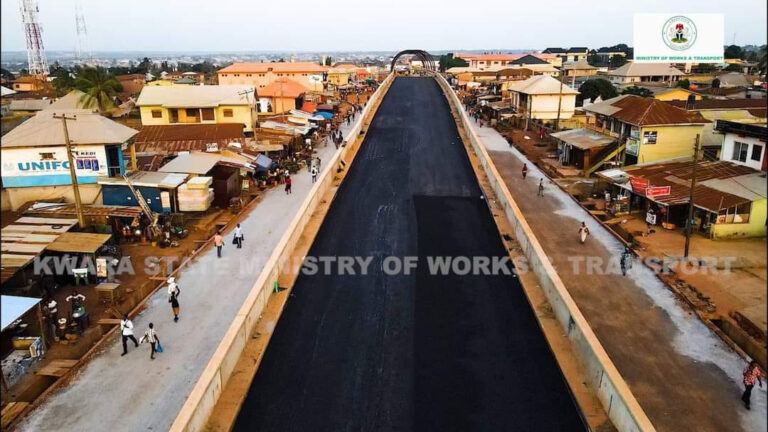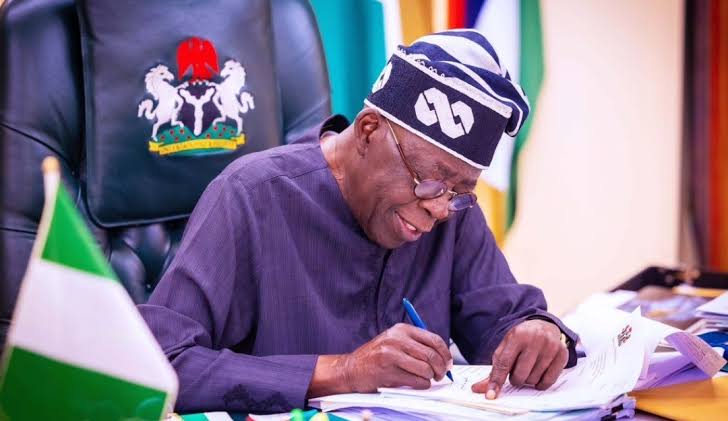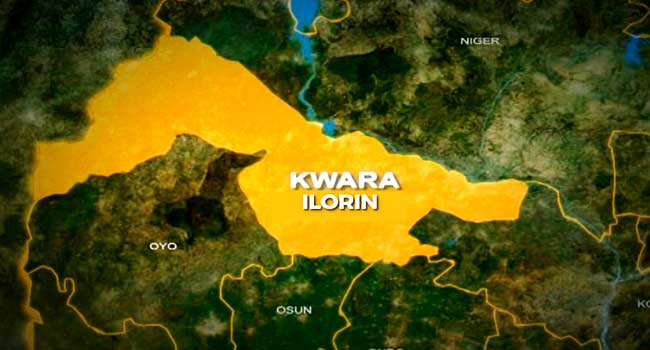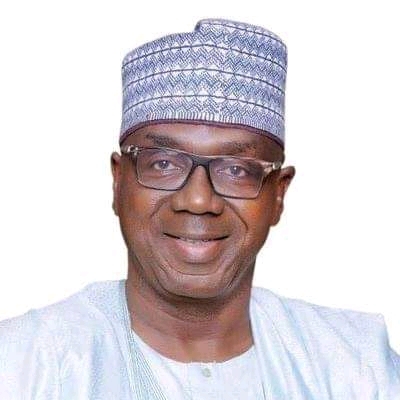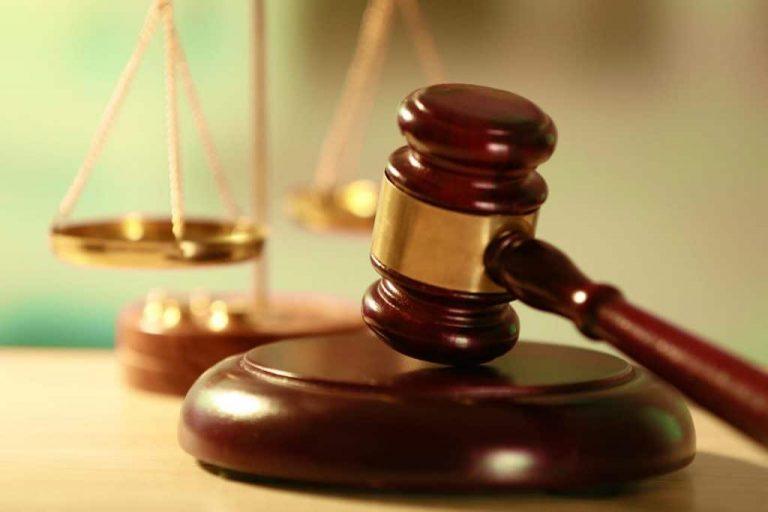Bill seeking early voting for electoral officials, journalists, other essential workers passes second reading
On Wednesday, a significant early voting bill aimed at essential workers advanced through a second reading in the Senate. The legislation, sponsored by Senator Abdulaziz Musa Yar’Adua of Katsina Central, seeks to implement early voting for key personnel including election officials, security forces, journalists, and observers—individuals often unable to cast their votes on election day due to their critical responsibilities.
During the debate, Yar’Adua emphasized the need to combat the long-standing disenfranchisement of over one million citizens who are vital to the electoral process. He pointed out that Nigeria’s voter turnout has significantly declined in recent elections, partially due to the exclusion of these essential workers.
“In any democratic process, equal opportunity must be afforded to all citizens to participate in elections, irrespective of gender, ethnicity, religion, occupation, or socioeconomic status,” he stated. This idea, he argued, is essential for accurately reflecting the people’s will and strengthening the democratic process.
Yar’Adua highlighted the irony that many individuals working to ensure fair elections are denied their right to vote, as they often find themselves deployed far from their registered polling locations. This exclusion has been prevalent in elections since the Fourth Republic and was alarmingly evident in the 2023 elections, when over one million ad-hoc staff were disenfranchised.
He articulated that the number of excluded voters could potentially alter election outcomes, asserting, “As lawmakers, it is our duty to ensure that every Nigerian citizen, regardless of their profession or duty on election day, has the opportunity to participate fully in the electoral process.”
Through the proposed early voting measures, he believes it would enhance universal adult suffrage and uphold the constitutional right of every eligible Nigerian to vote. The bill has been referred to the Senate Committee on Electoral Matters for comprehensive legislative review, with a report expected to be submitted within four weeks.On Wednesday, a significant early voting bill aimed at essential workers advanced through a second reading in the Senate. The legislation, sponsored by Senator Abdulaziz Musa Yar’Adua of Katsina Central, seeks to implement early voting for key personnel including election officials, security forces, journalists, and observers—individuals often unable to cast their votes on election day due to their critical responsibilities.
During the debate, Yar’Adua emphasized the need to combat the long-standing disenfranchisement of over one million citizens who are vital to the electoral process. He pointed out that Nigeria’s voter turnout has significantly declined in recent elections, partially due to the exclusion of these essential workers.
“In any democratic process, equal opportunity must be afforded to all citizens to participate in elections, irrespective of gender, ethnicity, religion, occupation, or socioeconomic status,” he stated. This idea, he argued, is essential for accurately reflecting the people’s will and strengthening the democratic process.
Yar’Adua highlighted the irony that many individuals working to ensure fair elections are denied their right to vote, as they often find themselves deployed far from their registered polling locations. This exclusion has been prevalent in elections since the Fourth Republic and was alarmingly evident in the 2023 elections, when over one million ad-hoc staff were disenfranchised.
He articulated that the number of excluded voters could potentially alter election outcomes, asserting, “As lawmakers, it is our duty to ensure that every Nigerian citizen, regardless of their profession or duty on election day, has the opportunity to participate fully in the electoral process.”
Through the proposed early voting measures, he believes it would enhance universal adult suffrage and uphold the constitutional right of every eligible Nigerian to vote. The bill has been referred to the Senate Committee on Electoral Matters for comprehensive legislative review, with a report expected to be submitted within four weeks.



